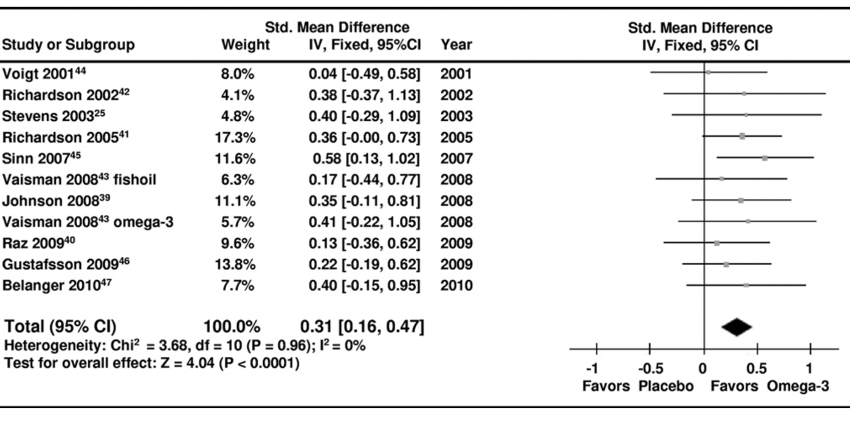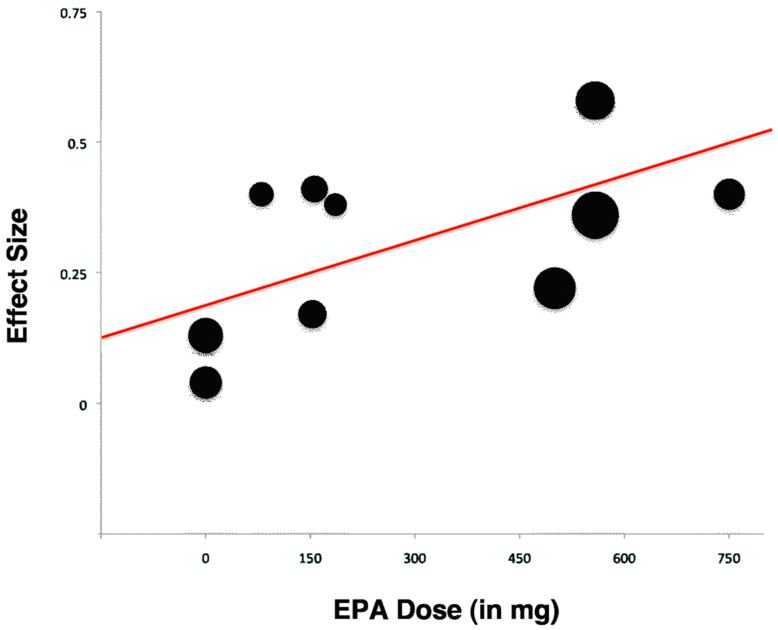Attention deficit hyperactivity disorder (ADHD) is a chronic condition that affects millions of children and is characterized by developmental deficits, difficulty maintaining attention, impulsivity, and hyperactivity.
Treatment generally includes medication and behavioral interventions. However, many families still elect not to use traditional pharmacotherapies to treat ADHD because of concerns about short-term side effects, doubts regarding the long-term efficacy of medications, or the impact on development. So, some families often use alternative and complementary treatments, such as natural supplements, to treat ADHD.
Researchers started with natural supplements by searching PubMed for randomized placebo-controlled trials looking at omega-3 fatty acid supplementation in children with symptoms of ADHD. And in total, 10 trials involving 699 children were included in the meta-analysis.
The results of the analysis showed that omega-3 fatty acid supplementation showed a small but significant effect in improving ADHD symptoms, especially higher doses of EPA, for the treatment of ADHD (as shown in Figure 1-2 below).


Overall, given the modest efficacy of omega-3 fatty acid supplementation compared with other available ADHD pharmacological treatments, its use is not recommended as a substitute for traditional ADHD psychotropic medications. However, because of its relatively good side effects and modest evidence of efficacy, researchers believe that the use of omega-3 fatty acid supplementation to augment traditional pharmacological interventions may be justified.
Bloch, M. H., & Qawasmi, A. (2011). Omega-3 fatty acid supplementation for the treatment of children with attention-deficit/hyperactivity disorder symptomatology: systematic review and meta-analysis. Journal of the American Academy of Child & Adolescent Psychiatry, 50(10), 991-1000. [Link]
